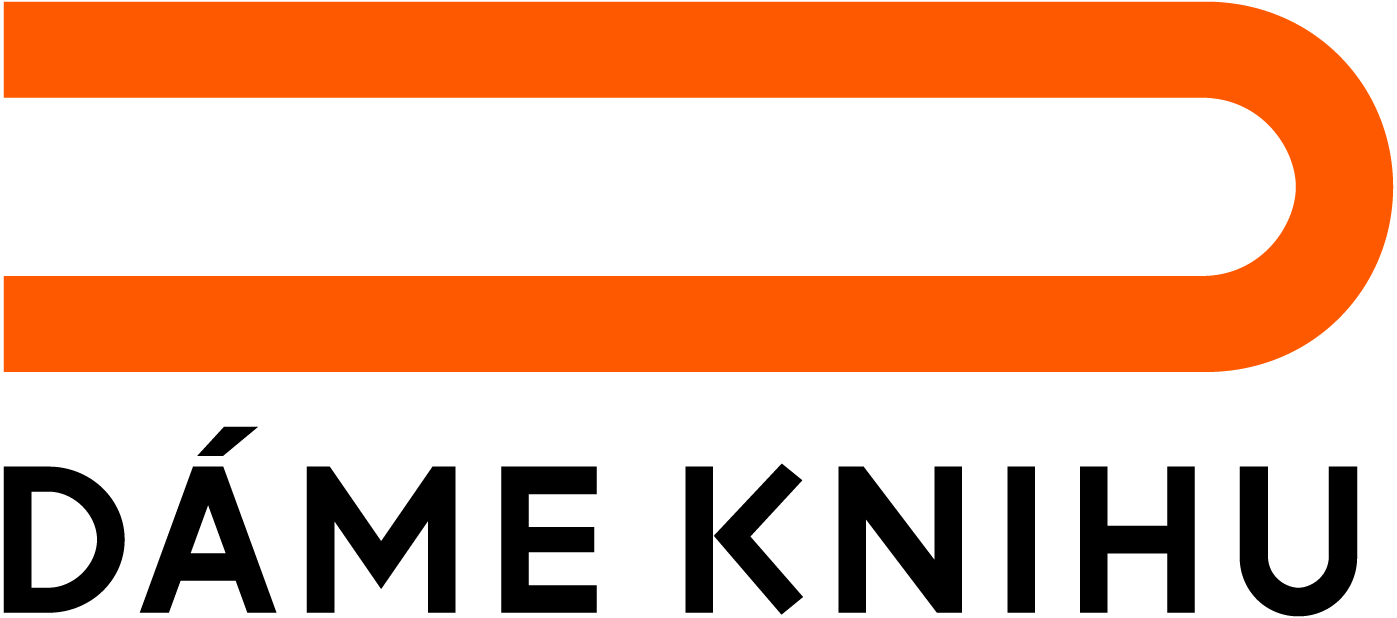HarperCollins is proud to present its incredible range of best-loved, essential classics.
“That these man-like creatures were in truth only bestial monsters, mere grotesque travesties of men, filled me with a vague uncertainty of their possibilities far worse than any definite fear.”
Edward Prendick, the sole survivor of a shipwreck in the South Pacific, is set ashore on an island where he meets the mysterious Doctor Moreau. Horrified by the discovery that Moreau is performing vivisection on animals to form monstrous human hybrids, Prendick flees into the jungle. But he soon realises that the island is populated with Moreau’s terrible creations, and not all are divested of their savage habits . . .
H. G. Wells pioneered ideas of society, science and progress in his works, which are now considered modern classics. Written in 1896, The Island of Doctor Moreau is an imaginative exploration of the nature of cruelty and what it means to be human.
Review
‘The Island of Doctor Moreau takes us into an abyss of human nature. This book is a superb piece of storytelling’ V. S. Pritchett
‘[Wells’ work is] astonishingly rich in human and historical interest … he foresaw the invention of, among other things, television, tanks, aerial warfare and the atom bomb’ David Lodge
‘I personally consider the greatest of English living writers [to be] H. G. Wells’ Upton Sinclair
‘The father of science fiction’ Guardian
About the Author
H. G. Wells was a prolific author and was nominated for the Nobel Prize in Literature four times. He is best remembered for his science fiction novels, and is considered a founding father of the genre. His most notable works include The Time Machine, The Island of Doctor Moreau, The Invisible Man and The War of the Worlds. He died in 1946.
















